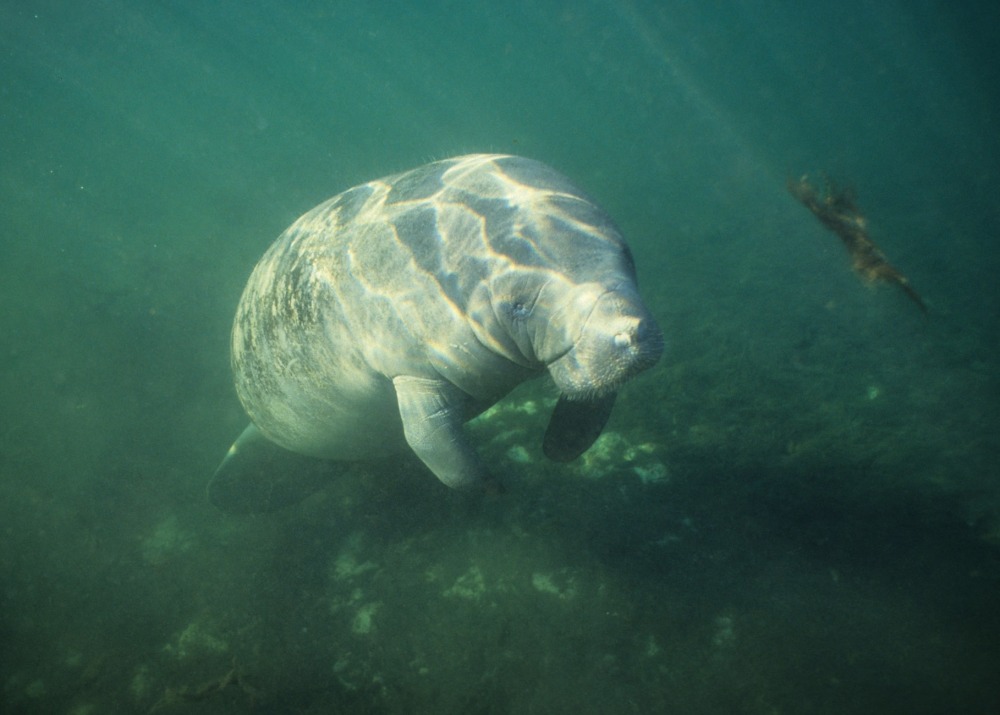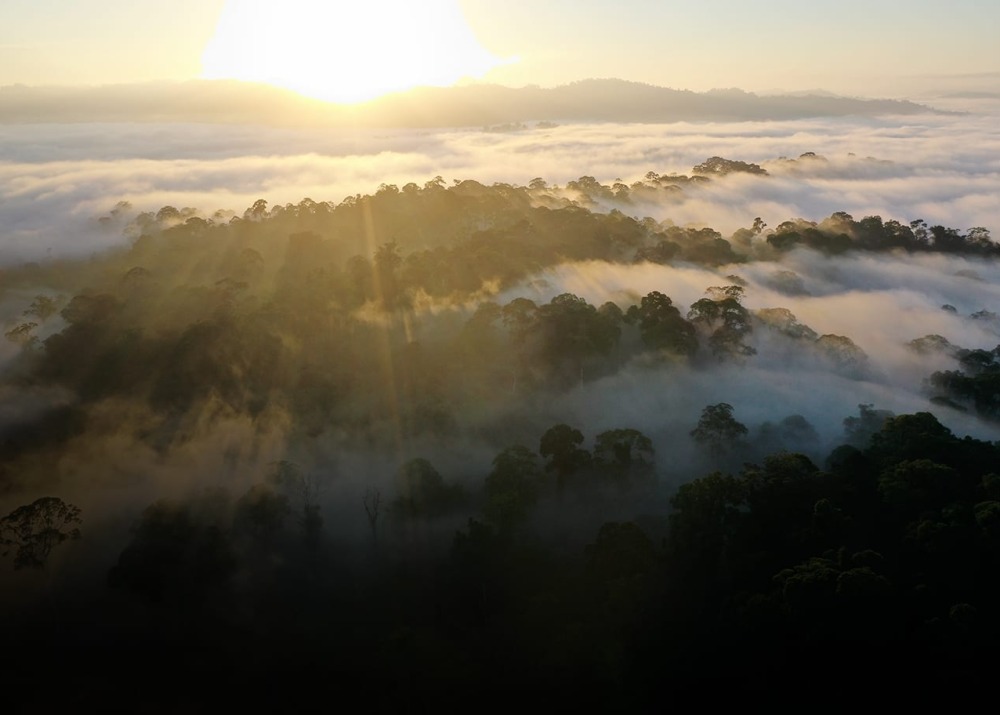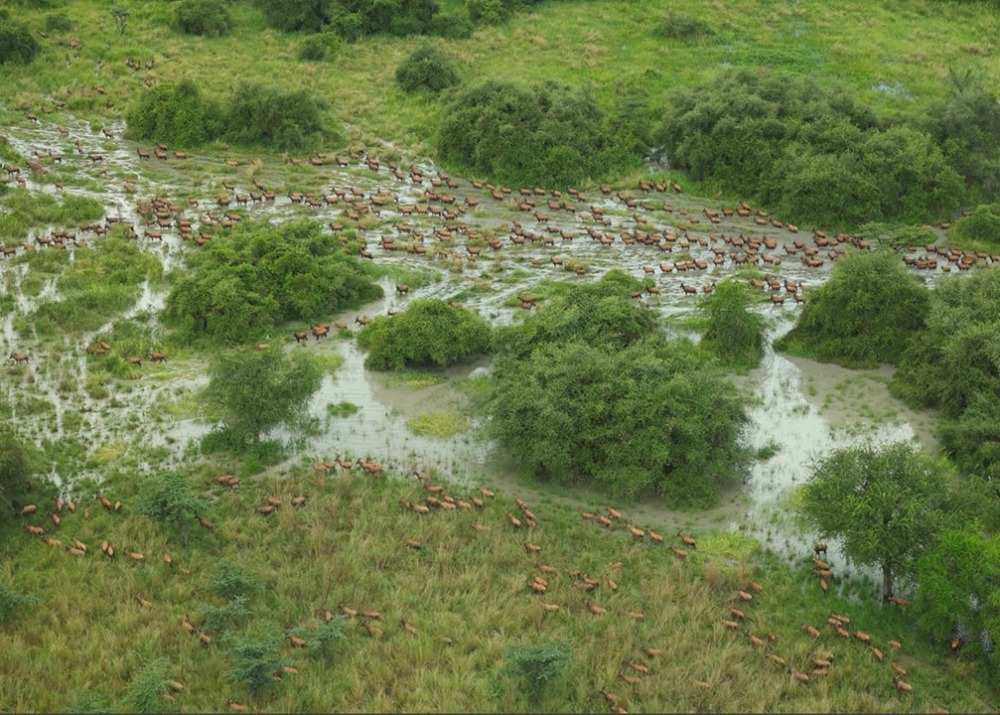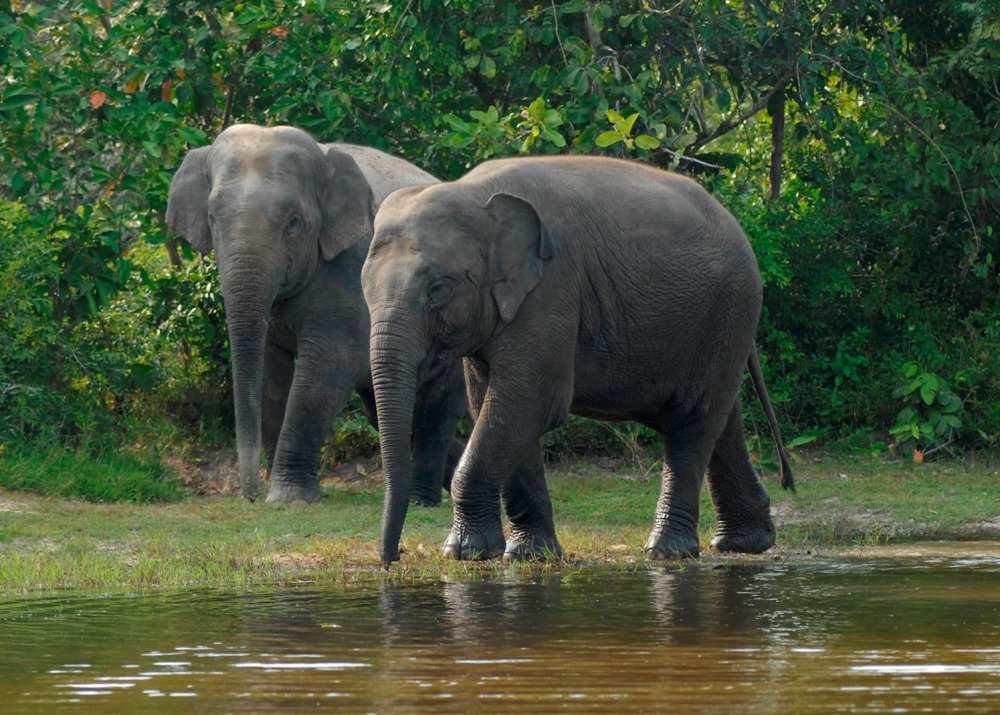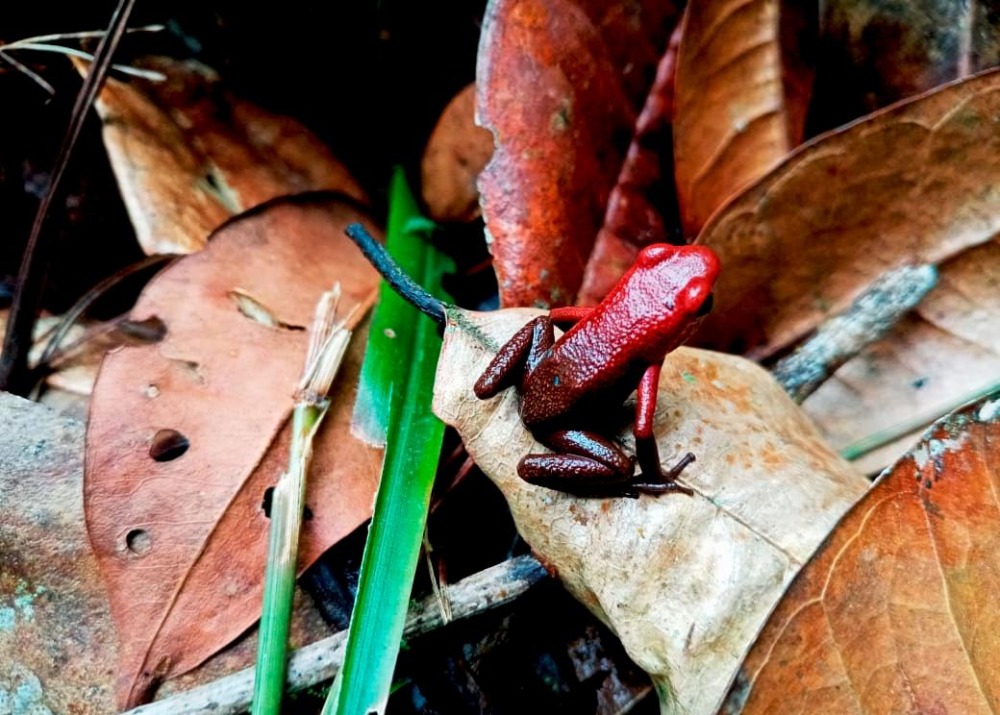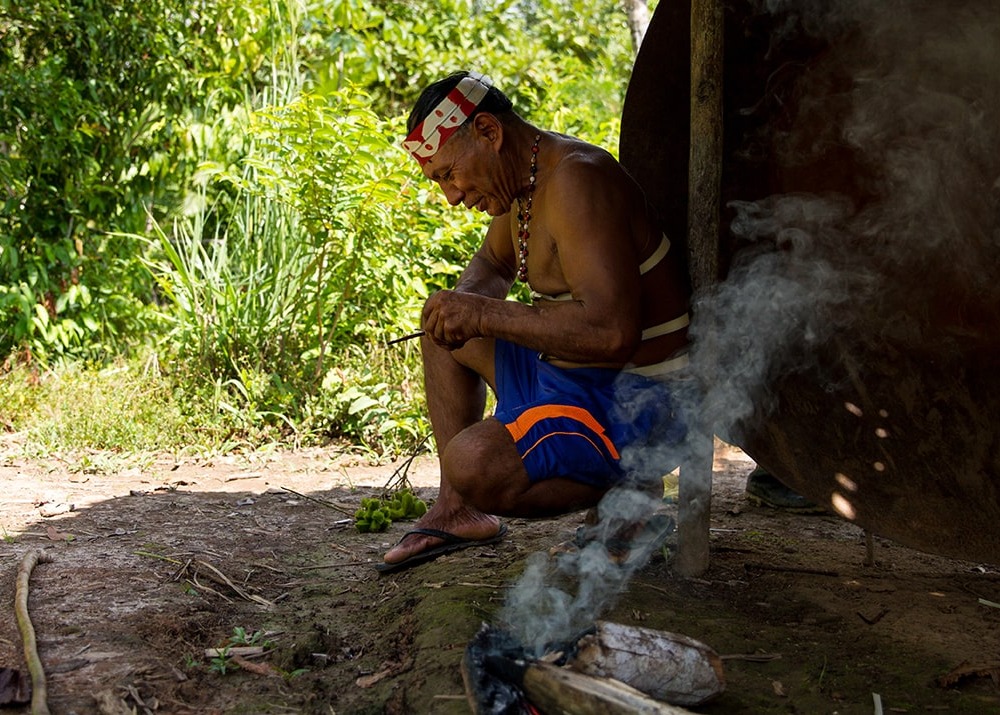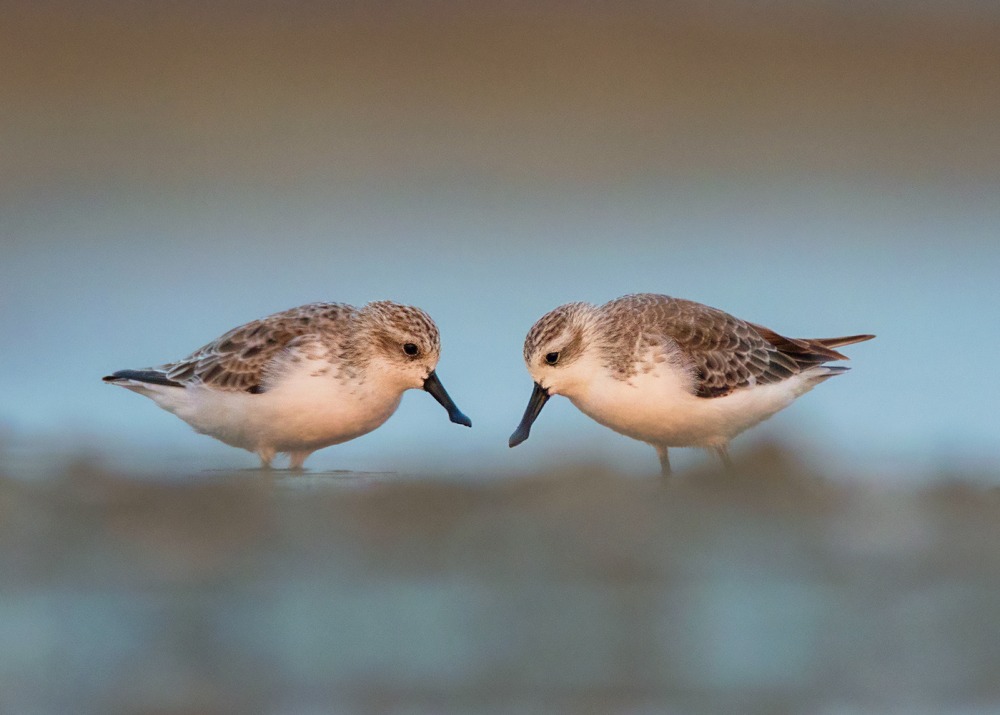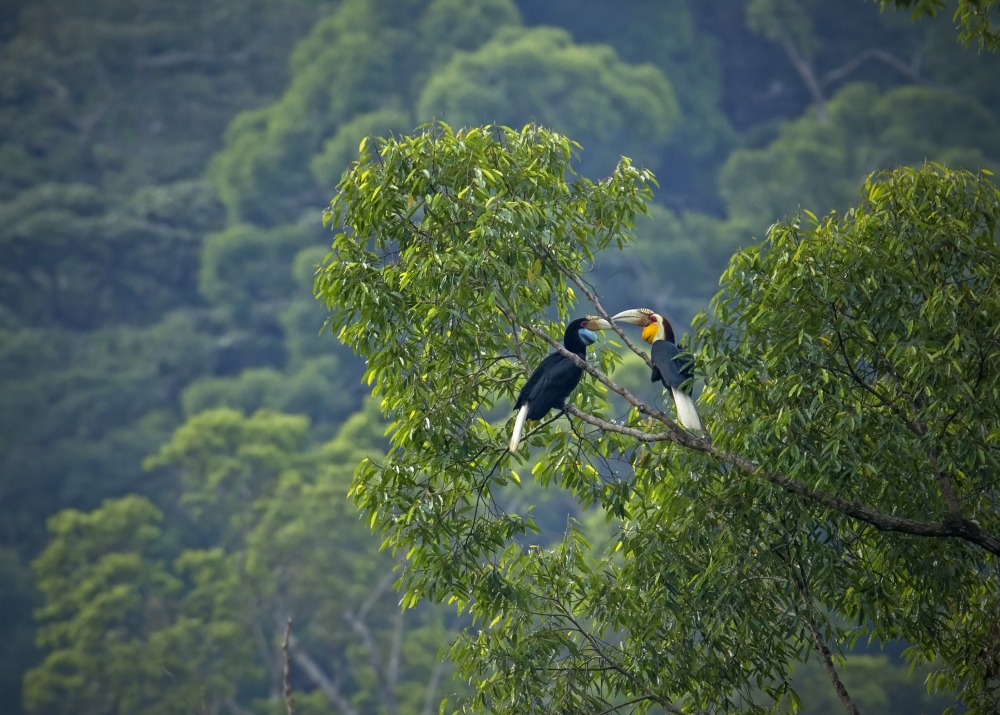Local group of women implement community-based restoration area, creating their own source of income
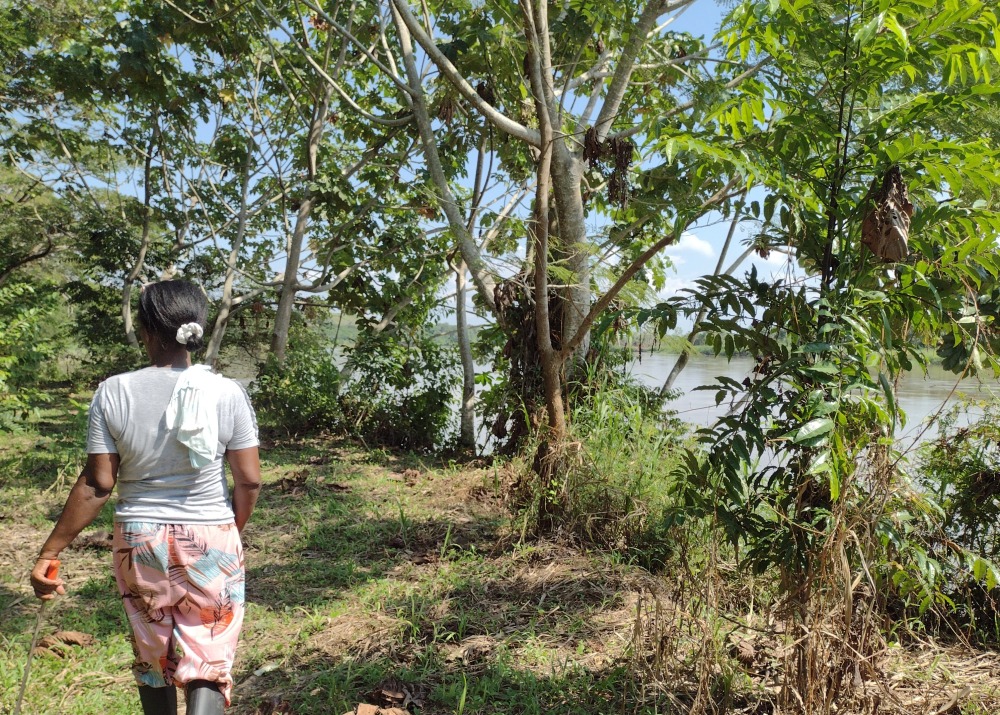
Blog post by Kelly Nealon
Colombia is the second-most biodiverse country in the world, and the Middle Magdalena Valley (MMV) in north-central Colombia is one of its most biodiverse regions, with more than 50 mammal, 630 bird, 120 reptile, 50 amphibian, 120 fish and 4,000 vascular plant species.
In Colombia, Bocas de Barbacoas is a small fishing community adjacent to the El Silencio Natural Reserve in the MMV. Fishing, the main economic activity, is primarily carried out by men, and women have historically had very little active participation in the economies of their family or community.
In 2020, Fundación Biodiversa, a non-profit NGO partner funded by Rainforest Trust, supported a group of twenty women to build capacity in agroecology through “productive backyards” to improve their food security. Productive backyards provide fresh fruits and vegetables to the communities they support and are a sustainable model for local food production.
In 2021, building on their success with productive backyards, the women pursued additional funding to plant a community-based forest restoration area along the Magdalena River bank. The restoration work created an income for the group from the seedlings they produced, the planting of the trees, and their ongoing maintenance of the landscape.
The women have now planted 3,024 trees of 49 species over more than 25 acres and have completely transformed grasslands into a young, diverse forest. The area surrounding their community is now shaded by the trees they planted from the harsh Middle Magdalena Valley sun and is thriving with diverse life.
The women’s group took over the community plant nursery to produce their seedlings. They administer the resources, hire labor when needed, and take care of the planted trees. Their goal is to transform nearly 40 acres to connect neighboring forest patches and expand habitat for the diverse species that inhabit this ecosystem, including the Critically Endangered Variegated Spider Monkey and Blue-billed Curassow, Jaguar, Endangered Tamarin, and Vulnerable Lowland Tapir. At the same time, they are creating a sustainable source of income for their households.
Work carried out by this amazing group of women highlights the importance of recognizing opportunities within communities while pursuing conservation work, to address gender barriers, sexual and reproductive health, food governance, environmental awareness, and child education.
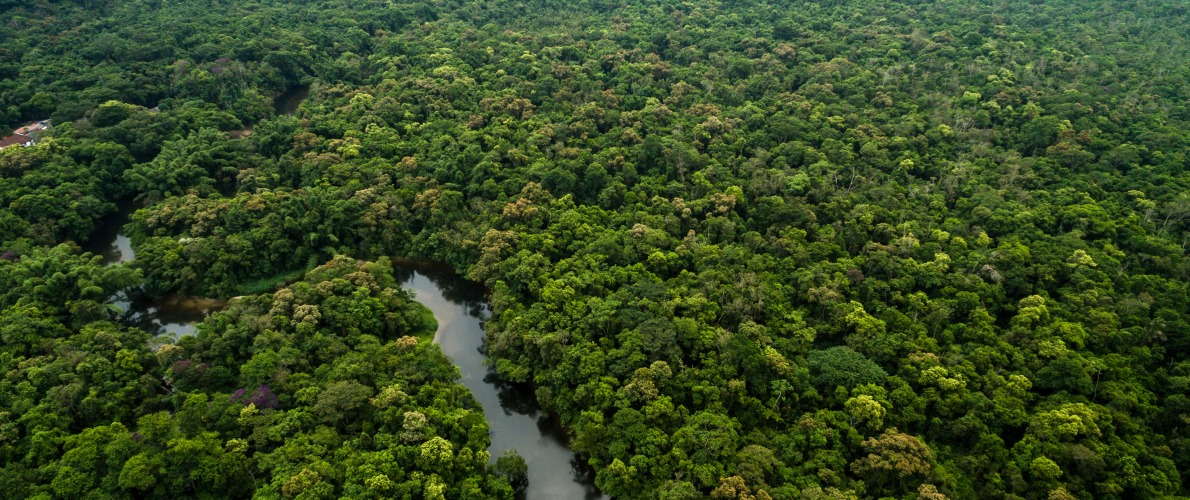

The Brazilian Amazon Fund
The Rainforest Trust Brazilian Amazon Fund was created in 2023 to permanently safeguard 20 million acres in Brazil by the end of 2026. Rainforest Trust’s work around the world, but especially in Brazil, will be critical to continuing to decrease deforestation rates and protecting ecologically important habitat in the most important forests across the world.


